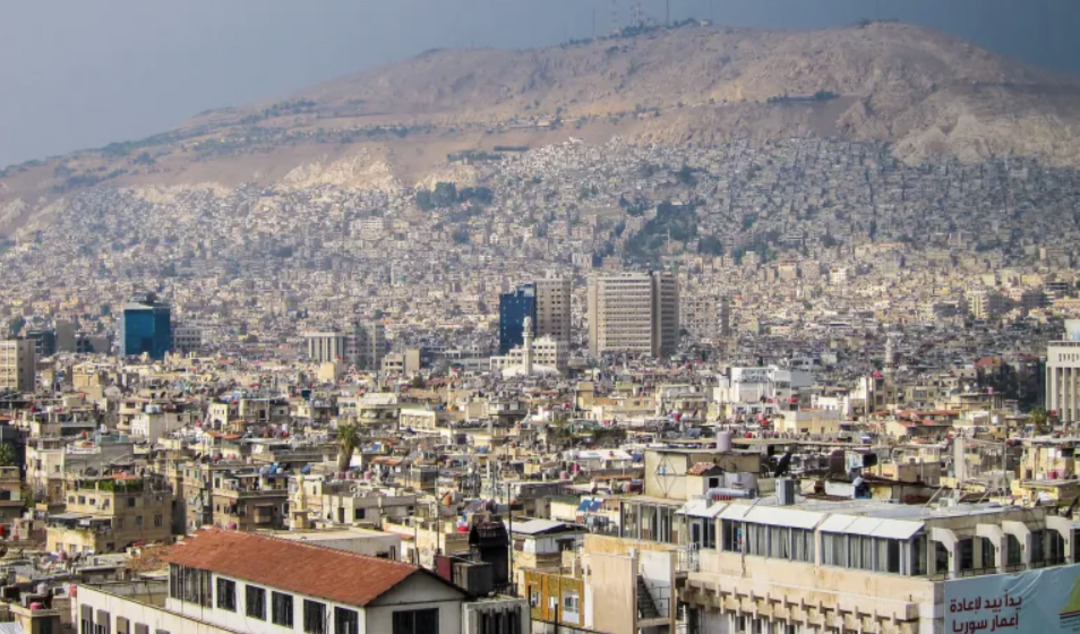-
Gender Segregation Decision at Al-Mowasat Hospital in Damascus Sparks Widespread Controversy
-
The circulated decision reveals a growing trend toward gender segregation policies in public institutions, reflecting a shift in the administrative approach of service facilities amid more pressing he

The Director-General of Al-Mowasat Hospital in Damascus, Amin Eid Al-Lateef Suleiman, issued a circular mandating gender-based seating arrangements—women in the back and men in the front, "regardless of their professional status"—justifying it as "in the interest of public welfare," according to the circulated decision.
Such decisions raise fundamental questions about new administrative trends in healthcare institutions, particularly when the sector faces far more urgent challenges.
The circular has ignited a wave of debate and criticism on social media, with many citizens expressing frustration over this approach to managing vital public facilities. The move reflects a noticeable shift in the administrative policies of government institutions, fueling concerns about the influence of hardline ideological agendas on public services.
Some commentators questioned the legality of the decision and its compliance with constitutional principles, while others dismissed it as "backward" and "absurd," pointing out that the hospital faces far more critical issues requiring immediate attention.
These criticisms highlight a growing disconnect between decision-makers' priorities and citizens' demands for improved essential services. Several commentators highlighted real problems plaguing the hospital, such as equipment shortages, malfunctioning devices, and a lack of medical staff, noting that "three-quarters of the hospital’s (already outdated) equipment is broken" and that patients are forced to buy their own medical supplies.
These issues underscore the urgent need to reprioritize healthcare management to meet patients' basic needs.
One commenter pointed to the "shockingly low number of seats" in the recent unified medical specialization admissions, noting that "seats are extremely limited, and there’s a fundamental shortage of medical staff in the hospital," adding that "parallel program fees have increased by 200% compared to last year." These indicators reveal the scale of challenges facing the healthcare sector, requiring radical solutions beyond superficial measures.
Some commentators cited unconfirmed reports about a new employee with a "religious oversight" role possibly influencing such decisions, raising questions about decision-making dynamics within healthcare institutions. These concerns reflect growing anxiety over shifts in the nature and direction of public institutions.
Observers note that gender segregation policies have begun appearing in several key public facilities, leading some to fear the adoption of hardline policies that could alter Syrian society’s fabric. Such decisions remain contentious amid economic and social challenges that demand a reassessment of institutional and service development priorities.
The controversy highlights a deeper struggle between ideological impositions and the pressing need for functional, equitable public services in a country already grappling with systemic crises.
You May Also Like
Popular Posts
Caricature
opinion
Report
ads
Newsletter
Subscribe to our mailing list to get the new updates!






















